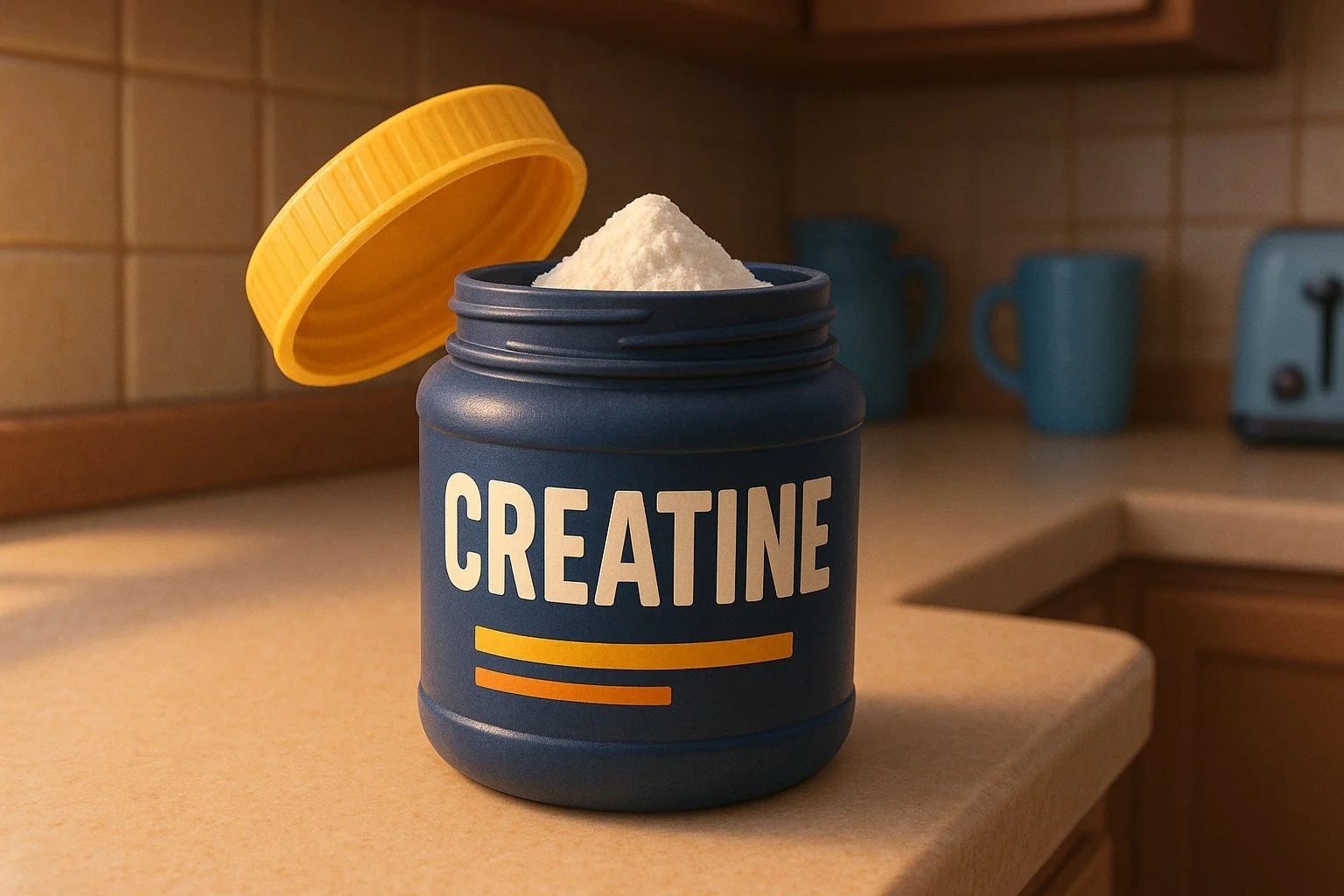
Health Studies Hub
Your go-to source for daily breakdowns of the latest health, fitness, and nutrition research.
Isometric Training Builds Muscle Effectively.
In 2019, Dustin J. Oranchuk and a team from Auckland University of Technology reviewed 26 studies with 713 participants on isometric training's long-term effects. They looked at how muscle length, intensity, and intent affect adaptations like muscle size, strength, and architecture over 3-14 weeks.
Meat Lowers Cancer Risk and Outmuscles Soy by 2x.
In a 2025 study from McMaster University, researchers analyzed nearly 16,000 adults from NHANES III to check if animal protein raises death risk from heart disease, cancer, or any cause. They found no link to higher mortality—animal protein even cut cancer death risk by a modest but significant amount. Plant protein showed no strong effects, but inflammatory diets with processed meats worsened outcomes.
Squats Outshine Leg Press for Strength Gains.
In 2018, Fabrício E. Rossi and a team studied 30 adults randomly assigned to three groups: back squat only, leg press only, or both, for 10 weeks of twice-weekly lower body workouts. Each group did 6 sets of 8-12 reps with 90-120 seconds rest, keeping other training the same. They measured max squat strength, body composition, jump height, and balance.
Sore Muscles Don’t Guarantee Muscle Growth.
In 2016, Sal Di Stefano from Mind Pump Media reviewed what sore muscles mean for fitness, drawing on exercise science. He explained that soreness, often linked to inflammation or lactic acid buildup, happens when you try new workouts or push too hard, not necessarily from effective training. For example, even advanced lifters get sore from unfamiliar activities like swimming, but this doesn’t mean better muscle gains.
Extra High Protein with Training Burns Fat, Builds Strength.
In 2015, Jose Antonio and a team from Nova Southeastern University studied 48 healthy, trained adults (men and women). They split them into two groups: one ate a normal protein diet (1.04 g/lb/day), the other a high protein diet (1.54 g/lb/day) from foods like beef protein, while both did the same heavy weight training program for 8 weeks.
Whey Protein Boosts Muscle Growth with Exercise.
In 2025, Xiaorong Ji and team from Shanghai University of Sport reviewed 21 studies with 1,200+ healthy adults. They looked at how whey protein, taken with exercise like weight lifting or running, helps build muscle. The studies compared groups using whey (20-40g per dose) to those doing exercise alone or with other proteins, measuring muscle protein synthesis (how muscles repair and grow) and the AKT/mTOR pathway, a cell signal that turns on muscle building.
Dietary Supplements Enhance Strength and Speed in Athletes.
In 2025, Beiwang Deng and team from Guangzhou Sport University conducted a systematic review and network meta-analysis to evaluate how dietary supplements, combined with conditioning training, affect athletes’ muscle strength, jump performance, sprint speed, and muscle mass.
The Pros and Cons of Cold Plunging for Muscle Growth.
Based on studies from 2015 to 2024 by researchers like Llion A. Roberts from the University of Queensland and Emma S. Malta from Victoria University, cold water immersion was tested after workouts. Trials involved people doing strength training, then plunging in cold water or doing active recovery, measuring muscle gains, soreness, and performance over weeks.
“We Are Not Over Fat, We Are Under Muscled.”
This statement by Dr. Gabrielle Lyon isn’t just catchy—it’s scientifically sound. A 2024 Scientific Reports study analyzing nearly 11,000 adults found that a high lean mass to visceral fat ratio was tied to up to 88% lower risk of type 2 diabetes and significantly fewer cases of high blood pressure and abnormal cholesterol levels.
Women May Benefit Even More From Creatine Than Men.
A 2021 review in Nutrients by Smith‑Ryan et al. highlights that women have 70–80% lower natural creatine stores than men, making supplementation especially impactful for their health and performance.
Strength Training Is Fat-Burning Power in Disguise.
A systematic review and meta-analysis from the University of New South Wales (2021) examined 58 studies with 3,000 beginner participants and found that pure strength training alone led to around 1.4% total body fat loss—almost identical to what you’d see from cardio.
Amino Acids Can Save Your Muscle While Losing Fat.
In 2025, Cannavaro, Leva, Caturano, Berra, Bonfrate & Conte (Université Clermont Auvergne & CNRS) reviewed research on using amino acid supplements during weight loss. Their Nutrients paper finds that certain amino acids—especially leucine, HMB, and collagen peptides—help protect lean mass when you’re slimming down.
Creatine Isn’t Just for Gym Rats—It’s Brain Fuel, Too.
In 2025, Dr. Richard Kreider of Texas A&M reviewed 685 clinical trials and found creatine to be not only safe, but vital for healthy aging. Beyond muscle gains, creatine powers brain cells, supports cognitive function, protects against stress, and helps older adults retain muscle and memory.
Long-Duration Stretching Promotes Muscle Growth.
A 2022 meta-analysis in the Journal of Science in Sport and Exercise reviewed 16 animal studies and found that stretching for at least 15 minutes daily led to significant increases in muscle mass, cross-sectional area, fiber size, and even fiber number.
Creatine Speeds up Muscle Recovery After Tough Workouts.
A 2025 double-blind, placebo-controlled trial found that creatine monohydrate supplementation reduced post-exercise muscle damage and soreness, especially in women, who experienced less swelling. This suggests creatine can help maintain muscle function and comfort after intense training.















